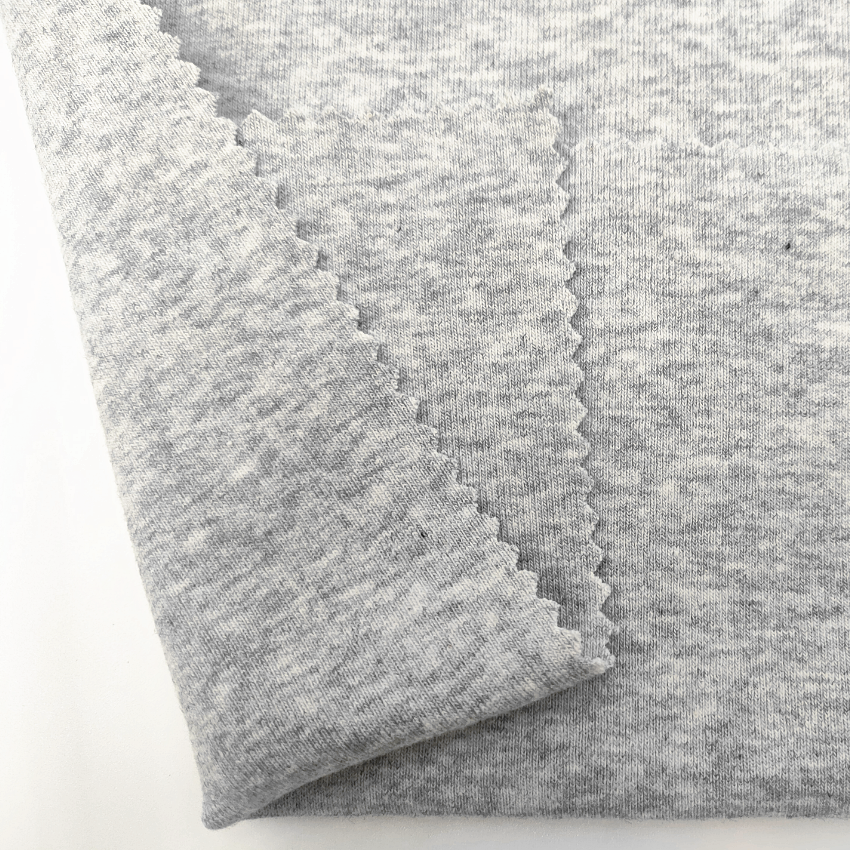However, ethical practices in the textile industry, including the production of rib fabric, can be addressed through broader certifications and initiatives related to sustainability, social responsibility, and ethical manufacturing. Keep in mind that the landscape may have evolved, and it’s recommended to check for the latest developments.
Here are some certifications and initiatives relevant to ethical practices in the textile industry:
- Global Organic Textile Standard (GOTS):
- GOTS is a widely recognized certification for organic textiles. It encompasses both environmental and social criteria, ensuring that the entire supply chain, from raw material production to final product labeling, meets rigorous standards. While GOTS is not specific to rib fabric, it covers the ethical and sustainable production of textiles.
- OEKO-TEX Standard 100:
- The OEKO-TEX Standard 100 certification focuses on the safety of textiles and the absence of harmful substances. While it primarily addresses the health aspects of textiles, it indirectly contributes to ethical practices by ensuring that materials are safe for consumers and workers.
- Better Cotton Initiative (BCI):
- BCI is a global sustainability program that promotes better environmental and social practices in cotton farming. While not specific to rib fabric, it encourages the adoption of more sustainable practices in cotton cultivation, China Rib Fabric suppliers which is a common material in the textile industry.
- Fair Trade Certification:
- Fair Trade certifications, such as Fair Trade USA or Fairtrade International, ensure that producers receive fair wages and work in safe conditions. While not exclusive to rib fabric, these certifications can be relevant to textiles in general.
- WRAP (Worldwide Responsible Accredited Production):
- WRAP is an independent, non-profit organization that focuses on promoting ethical manufacturing. It addresses various aspects, including compliance with local laws, workplace conditions, and environmental practices.
- Sedex (Supplier Ethical Data Exchange):
- Sedex is a membership organization that provides a platform for companies to share and manage information related to labor standards, health and safety, the environment, and business ethics within the supply chain.
- Textile Exchange:
- Textile Exchange is a global non-profit organization that works to increase the sustainability of the textile industry. They provide standards and certifications, such as the Responsible Wool Standard (RWS) and the Organic Content Standard (OCS), that promote ethical and sustainable practices.
When assessing the ethical practices of a rib fabric supplier or manufacturer, it’s essential to consider their adherence to relevant certifications and initiatives. Additionally, transparency in the supply chain, commitment to social responsibility, and environmental stewardship are key factors in ensuring ethical practices in the textile industry.
